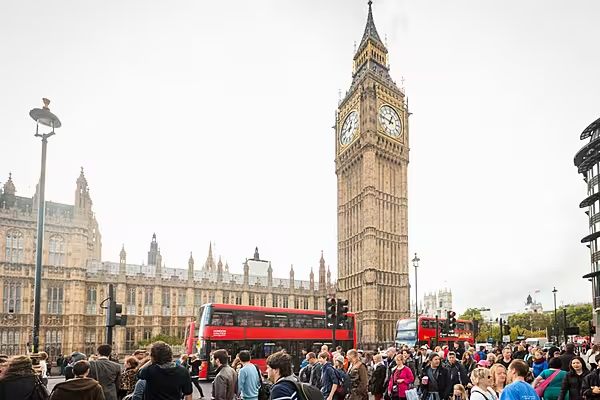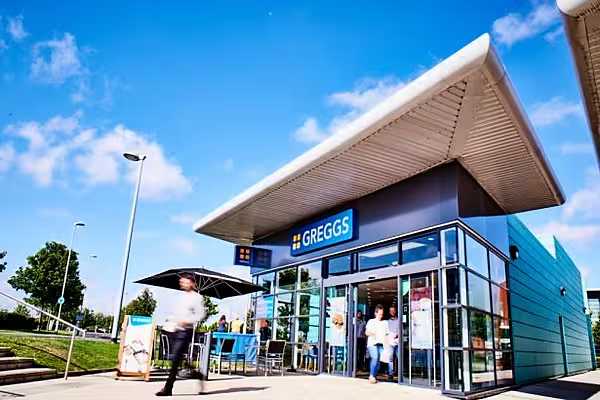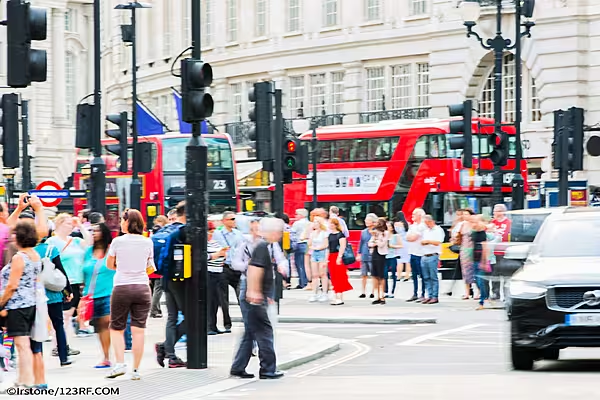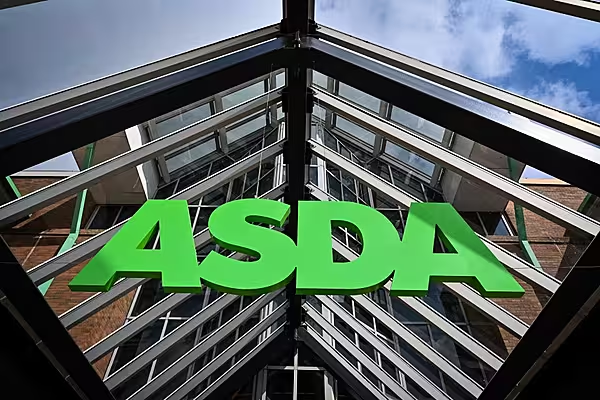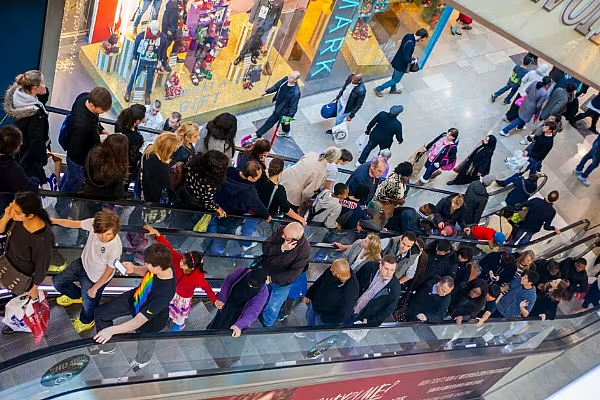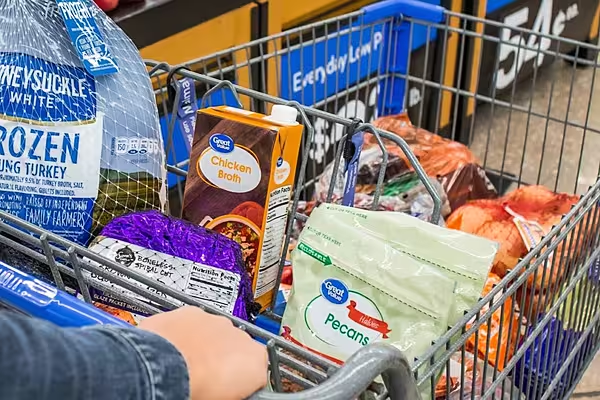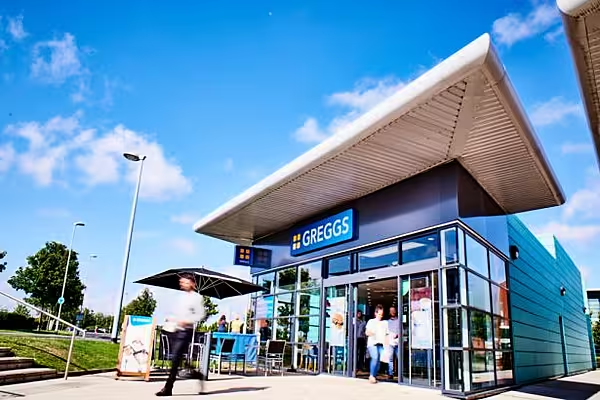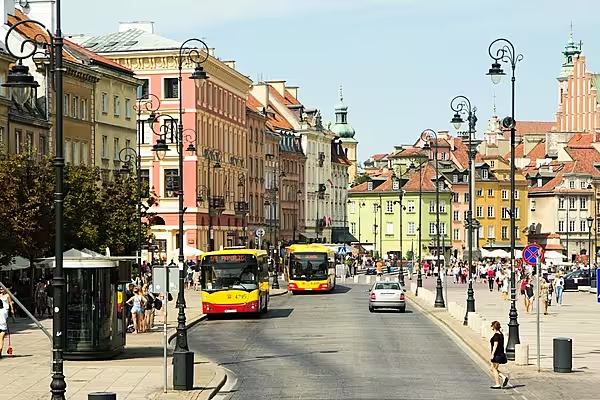UK inflation accelerated more than economists forecast in November, boosted by prices for clothing and petrol.
The jump, to 1.2% from 0.9% in October, means that consumer prices are rising at the fastest pace since October 2014. Economists had anticipated an increase to 1.1%.
The latest data from the Office for National Statistics also added to evidence of the build-up in inflation pressures because of the pound’s decline since Britain voted to leave the European Union, and rising oil costs. UK import prices surged almost 15% in November – the biggest annual increase in five years – and upward pressure from energy may intensify after this month’s output cut by OPEC.
The rapid change in the outlook for prices in recent months has forced the Bank of England to shift its stance after cutting interest rates in August, following the Brexit vote. Economists forecast that the BOE will keep the key rate at a record-low 0.25% when it announces its final decision of 2016.
“We expect consumer price inflation to trend markedly higher over the coming months, as sterling weakness increasingly feeds through,” said Howard Archer, an economist at IHS Markit, in London. “[Still,] the BOE will be pretty tolerant on the probable appreciable inflation overshoot, given the prolonged, highly uncertain outlook that the UK economy is likely to face, as the government negotiates the exit from the EU.”
The pound rose against the dollar after the data was released.
Clothing, Fuel
The ONS said that the largest upward effect on the annual inflation rate in November came from clothing, motor fuels and equipment such as computers and laptops. On the month, prices increased 0.2%.
Separate data showed that factory-gate prices rose an annual 2.3% in November – the most since April 2012. Input prices surged 12.9% year on year, with import costs up 14.6%.
With forecasts pointing to a sharp inflation pickup in 2017, BOE officials dropped guidance last month indicating that lower rates were likely before the end of the year, instead saying that they could respond “in either direction” to the economic outlook.
Almost two thirds of analysts surveyed by Bloomberg see the BOE’s next move, when it comes, as a rate hike, as policymakers confront inflation that could exceed their 2% target by early next year.
Core inflation, which excludes volatile food and energy prices, increased to 1.4% in November from 1.2% in October, the ONS said. That was faster than the 1.3% predicted by economists in a Bloomberg survey.
News by Bloomberg, edited by ESM. To subscribe to ESM: The European Supermarket Magazine, click here.
